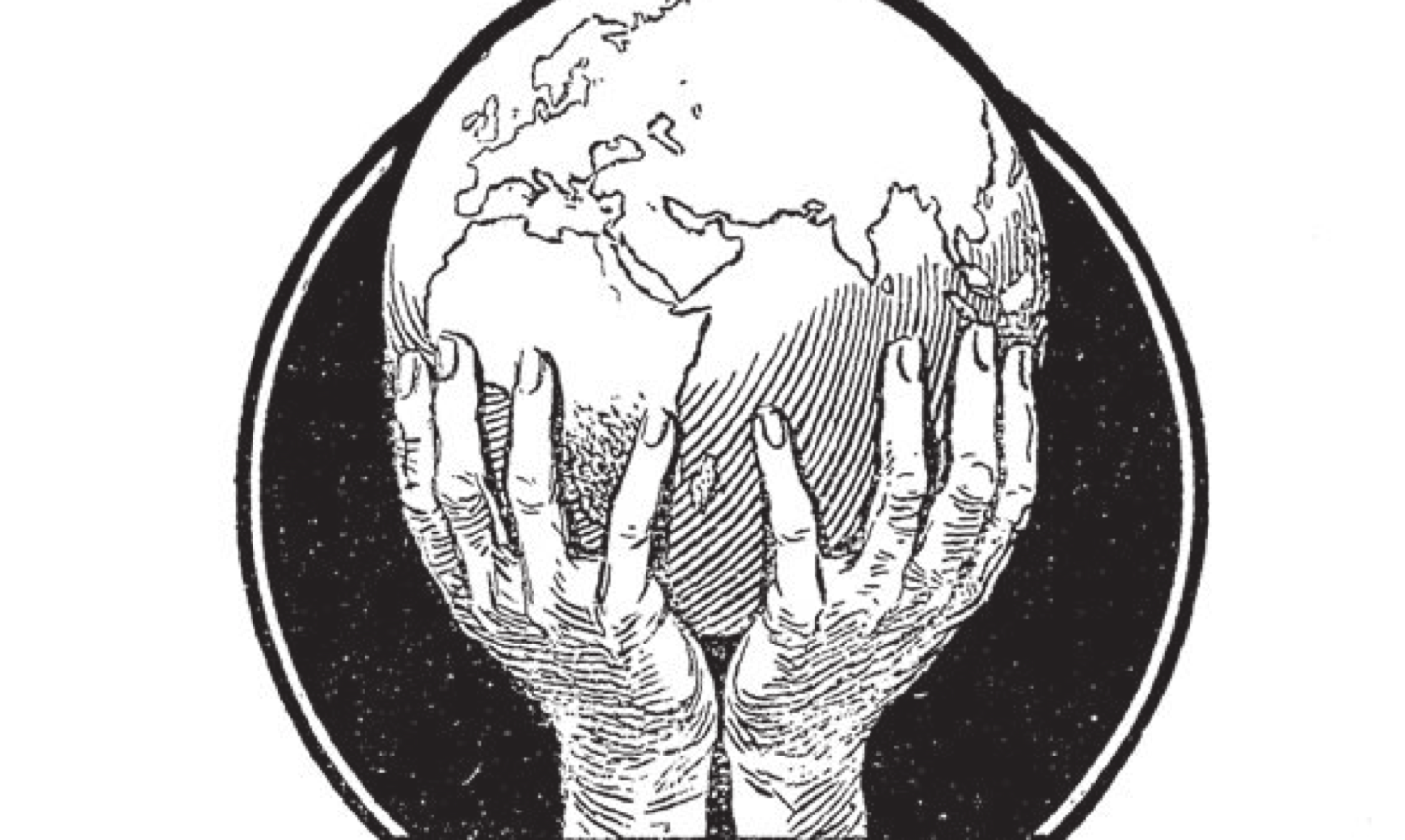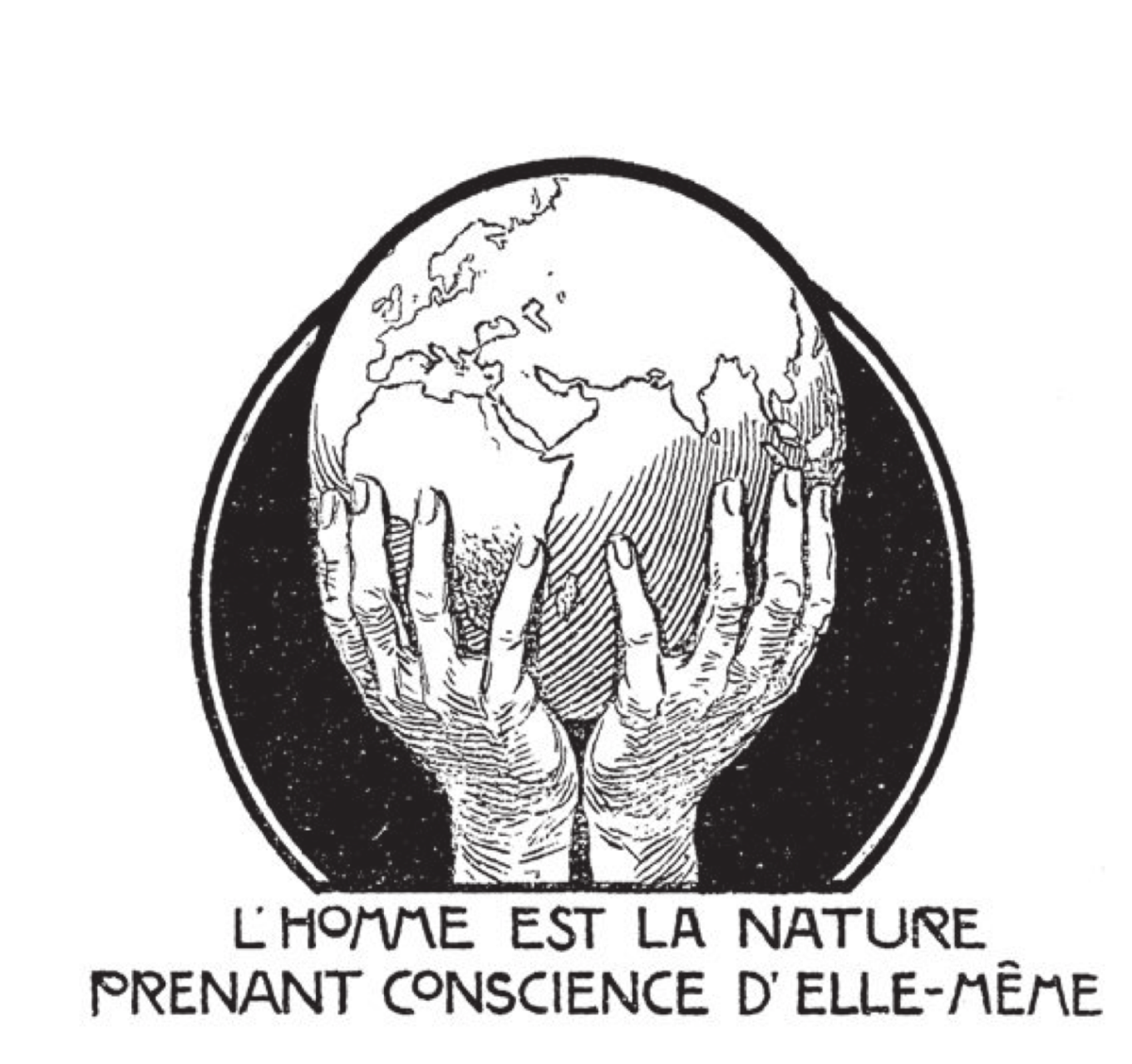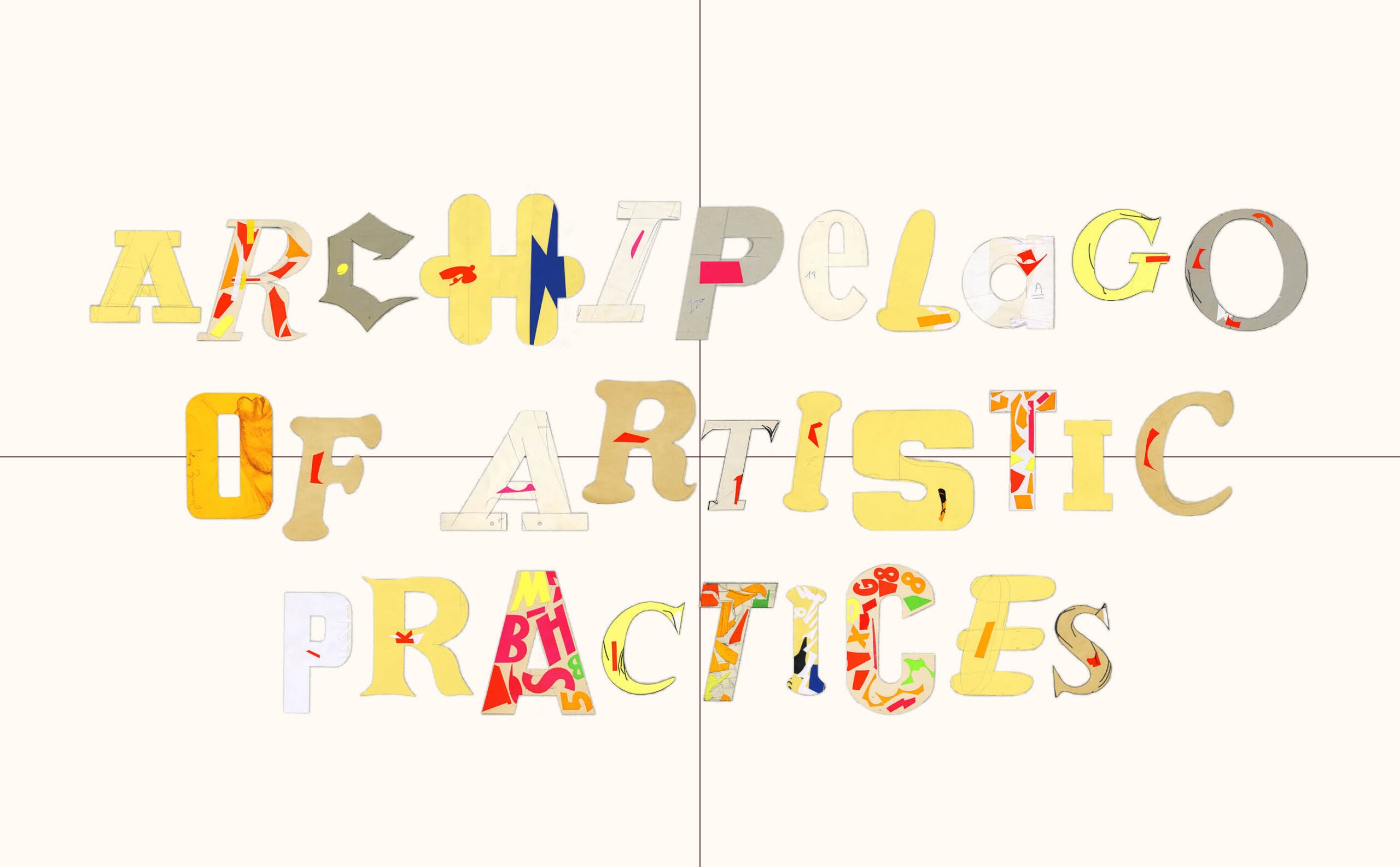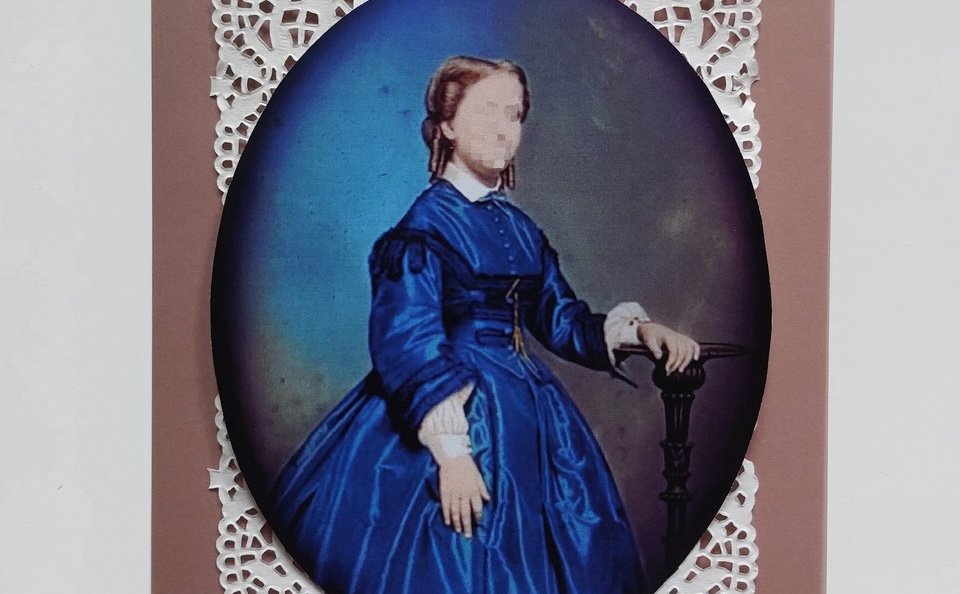[EN] 7 Walks is an artistic research trajectory by the artist duo Vermeir & Heiremans in collaboration with guest walkers and participants. Using walking as a public research method, developing a direct relation with the natural or urban environment, the project aims to connect the ecology of the arts with a natural common good – water.
Vermeir & Heiremans are developing three new walks in Brussels for their exhibition in n0dine.
“The walking project initiates a dialogue on concepts such as ownership, public goods and management, and explores forms of value redistribution and mutualisation. At the same time, we examine cartography from an alternative pedagogical practice.
The walks activate the archival documents that we present in nadine‘s exhibition space n0dine. They highlight the role of anarchist and geographer Élisée Reclus in founding the Université Nouvelle and the Institut des Hautes Etudes, two new institutions that presented themselves as radical and innovative, in Brussels in 1894. The Institut Géographique that Reclus founded in that institutional context, created globes and 3D maps that emerged from a critical and integrated pedagogy. According to Reclus, 2D maps would only produce subjects, not critical citizens, for the great tradition of anarchist education swore by the axiom that the best learning happens… through the soles of our feet.
We therefore follow Élisée Reclus’ encouragement in his book Histoire d’un Ruisseau to always look for the nearest river before consulting any map and to learn from the direct observation of the environment. During the walks we question the dark side of cartography as an infrastructure of power and surveillance, something that also becomes visible in the urban fabric. We question whether it is possible to co-create an emancipatory cartographic tool, starting from an artistic practice embedded in the landscape, that can generate new narratives, collaborations and agency.”
[NL] 7 Walks is een artistiek onderzoekstraject van het artistiek duo Vermeir & Heiremans in samenwerking met gastwandelaars en deelnemers. Door wandelen te gebruiken als een publieke onderzoeksmethode en een directe relatie te ontwikkelen met de natuurlijke of stedelijke omgeving, wil het project de ecologie van de kunsten verbinden met een natuurlijk gemeenschappelijk goed – water.
Voor hun tentoonstelling in n0dine ontwikkelt het duo drie nieuwe wandelingen in Brussel.
“Het wandelproject initieert een dialoog over concepten als eigendom, publieke goederen en beheer, en verkent vormen van herverdeling van waarde en mutualisatie. Tegelijkertijd onderzoeken ze cartografie vanuit een alternatieve pedagogische praktijk.
De wandelingen activeren de archiefdocumenten die ze presenteren in de tentoonstellingsruimte n0dine. Ze belichten de rol van anarchist en geograaf Élisée Reclus bij de oprichting van de Université Nouvelle en het Institut des Hautes Etudes, twee nieuwe instellingen die zichzelf als radicaal en vernieuwend presenteerden, in Brussel in 1894. Het Institut Géographique dat Reclus in die institutionele context oprichtte, creëerde globes en 3D-kaarten die voortkwamen uit een kritische en geïntegreerde pedagogie. Volgens Reclus zouden 2D-kaarten alleen onderdanen voortbrengen, geen kritische burgers, want de grote traditie van anarchistisch onderwijs zwoer bij het axioma dat het beste leren gebeurt… via onze voetzolen.
Daarom volgen ze de aanmoediging van Élisée Reclus in zijn boek Histoire d’un Ruisseau om altijd eerst de dichtstbijzijnde rivier op te zoeken voordat een kaart geraadpleegd wordt en om te leren van de directe observatie van de omgeving. Tijdens de wandelingen bevragen ze de donkere kant van cartografie als een infrastructuur van macht en toezicht, iets wat ook zichtbaar wordt in het stedelijk weefsel. Ze vragen zich af of het mogelijk is om vanuit een artistieke praktijk, ingebed in het landschap, een emancipatorisch cartografisch instrument te co-creëren dat nieuwe verhalen, samenwerkingen en agency kan genereren.
WALK #01 – The geographer who didn’t like maps
Brussels city centre
“We question walking itself as an experiential educational and artistic method as practised by the geographer Elisee Reclus, as well as his attempts at appropriating maps as a tool of social geography instead of power and surveillance.
The walk starts from exhibition space nodine where we highlight a number of documents we collected on anarchist and geographer Élisée Reclus, the Université Nouvelle and the Institut des Hautes Etudes. These institutions were founded by progressive thinkers and dissident professors after Reclus’ invitation to teach geography at the Universite Libre was cancelled for fear of his anarchist sympathies.We then look for the nearest river, the Zenne which, after many proposals and plans, was finally vaulted, and for which working-class neighbourhoods had to give way to stately avenues from 1865 onwards. We then walk past surprising places where historical characters lived or worked, including artists, writers, lawyers, geographers, politicians,…who played a decisive role in the creation and development of the Université Nouvelle. In the process they’ve put a social-emancipatory role of geography, art and education on the map.”
practical:
Day: Sunday 1 October 2023 from 2-6 PM
starting point: nodine, exhibition space Lakense straat 105
guest walker: Emily Rosamond
Language: ENG
WALK #02 – A source for value distribution? From a cooperative for drinking water to an Rationalist Orphanage
Saint-Gilles
“We ask whether alternative forms of ownership could contribute to a more equal distribution of social value. We first explore the hidden sources of Saint-Gilles. Brussels city monopolised drinking water from 1858. As a result of a legal dispute, nine peripheral municipalities created a cooperative in 1891 to distribute the water coming from the municipality of Spontin. A few monuments remind us of this event.
This walk explores the method of direct observation and critical forms of pedagogy as well, where we meet some protagonists that were involved in both the creation of the Universite Nouvelle, as in the founding of the Cooperative of the Rationalist Orphanage in 1893. This orphanage was run as an experimental school from 1900 by the feminist Isabelle Gatti de Gamond. She used the experimental maps of Reclus and walking as a method was applied there. The original building still stands near today’s Duden Park and Forest Park.
From 1875, the existing urbanist map was wiped out, along with some brand-new workers’ quarters. Workers were relocated there due to the vaulting of the Zenne in the city centre, but they had to make way for a park lined with villas, promoted for its fresh air workers could breathe there.”
practical:
Day: Sunday 8 October from 2-6 PM
starting point: Parvis de Sint-Gilles-Metro entrance on Parvis
guest walkers: David Aubin
Language: ENG
WALK #03 – Little rivers together make big streams, the world as a work of art
Ixelles
“This walk focuses on the role of art in society. We walk to the source of the vaulted Maelbeek, near La Cambre Abbey, where Henry Van de Velde founded his Nationale Hoogere School voor Sierkunst in 1926. He started his career influenced by anarchist writings such as Proudhon’s book: Du principe de l’art et de sa destination sociale.
The question of the role of art was as alive then as it is today. An international meeting point were this question was addressed was the Université Nouvelle in Brussels, where Elisée Reclus, as well as neo-impressionist artists like Théo Van Rysselberghe, writers like Emile Verhaeren, and also Van de Velde taught.
Questions around the autonomy of the artist, the political instrumentalisation of artistic practice, the question of whether new forms of expression in art could be the starting point for a renewal of society were all on the agenda. One of the basic ideas of anarchism, the importance of individual freedom in relation to solidarity was expressed by the neo-impressionists’ divisionism, which was based on science. In the pointillist technique, each point retains its colour and individuality, but to the eye they merge harmoniously.
For Elisée Reclus, the true work of art was the world itself, and in his vision of social geography and radical education, with its focus on physical labour and a direct relationship with the environment, these neo-impressionist artists were social reformers whom he engaged for the giant globes and relief maps he wanted to realise in order to reduce the gap between the world and its representations.
Elisée Reclus lived close by the lakes of Ixelles, and we just have to cross over to the Abdijstraat where there are still some studios of some of these artists, grouped as Les XX(1883-1893) and later as La Libre Esthétique (1894-1914). The group, of which Anna Boch was the only female artist, played an important role in avant-garde art in Europe.
The magazine L’Art Moderne, which promoted the social art of these artists, took a position against the l’art pour l’art movement. Political agitation, good taste and intellect came together to educate the worker, both in the free adult education of the Institut des Hautes Etudes, the Extension Universitaire, the Section d’Art of the Brussels Workers’ Partyin Horta’s Volkshuis, and in the Maison d’Art of the socialist aesthete and jurist Edmond Picard.”
practical:
Day: Sunday 15 October from 2-6 PM
starting point:Ten Bosch Park, meeting spot at the park entrance on the left side of the India Embassy, Vleurgatsesteenweg nr 217, Ixelles (closest tram 8 or 93 Abbeye, Av. Louise)
guest walker: Tatiana Debroux, Margot Elmer
Language: ENG
biographies
David Aubin is professor of political science at the School of Political and Social Sciences at the University of Louvain-la-Neuve. He teaches courses on public policy analysis and evaluation. He is also conducting research on the comparative analysis of environmental policy, and the use of expertise and knowledge in the policy process.
Tatiana Debroux is a geographer and Doctor of Science at the Université libre de Bruxelles (ULB) and Vrije Universiteit Brussel (VUB). Her research focuses mainly on the spatialities of the artistic world, but she is also working on literary representations of Brussels and the development of a historical mapping tool. Since 2020, she has been editor-in-chief of the journal Brussels Studies.
Margot Elmer graduated in History at ULB Brussels and in Advanced Master in Management at Solvay Brussels School. Elmer is currently PhD researcher in History at the European University Institute in Firenze, where she is finishing her thesis on the Université Nouvelle de Bruxelles (1894-1919).
Emily Rosamond is a visual artist and senior lecturer at Visual Cultures in Goldsmiths University London. In 2021 she joined the editorial team of the Finance and Society Journal. Her research explores unexpected connections between theories of financialisation, literary character, contemporary art, performance and algorithmic governmentality. She is currently preparing the publication of ‘Reputation Warfare’, her book on value creation in digital environments through public image and reputation.


 RELATED
RELATED 

